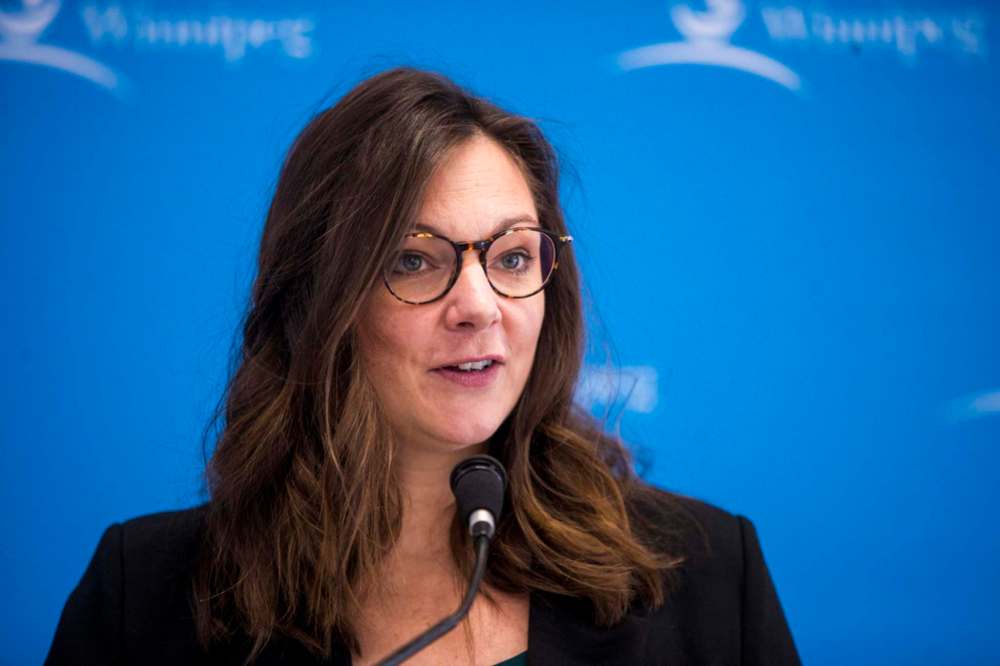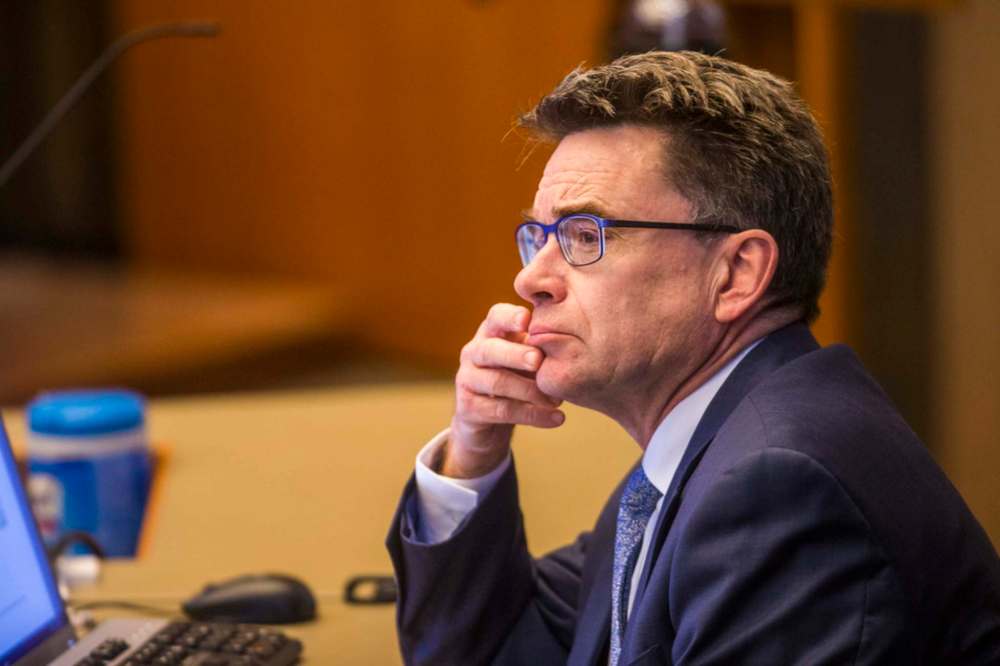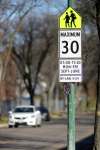Plebiscites remain largely non-binding
Value of referendum votes continues to prompt debate
Advertisement
Read this article for free:
or
Already have an account? Log in here »
To continue reading, please subscribe:
Monthly Digital Subscription
$0 for the first 4 weeks*
- Enjoy unlimited reading on winnipegfreepress.com
- Read the E-Edition, our digital replica newspaper
- Access News Break, our award-winning app
- Play interactive puzzles
*No charge for 4 weeks then price increases to the regular rate of $19.00 plus GST every four weeks. Offer available to new and qualified returning subscribers only. Cancel any time.
Monthly Digital Subscription
$4.75/week*
- Enjoy unlimited reading on winnipegfreepress.com
- Read the E-Edition, our digital replica newspaper
- Access News Break, our award-winning app
- Play interactive puzzles
*Billed as $19 plus GST every four weeks. Cancel any time.
To continue reading, please subscribe:
Add Free Press access to your Brandon Sun subscription for only an additional
$1 for the first 4 weeks*
*Your next subscription payment will increase by $1.00 and you will be charged $16.99 plus GST for four weeks. After four weeks, your payment will increase to $23.99 plus GST every four weeks.
Read unlimited articles for free today:
or
Already have an account? Log in here »
Hey there, time traveller!
This article was published 19/10/2021 (1513 days ago), so information in it may no longer be current.
Winnipeg city council may continue to gauge public opinion through plebiscites but can’t legally bind itself to follow the results.
A report on the “yes or no” questions that can be added to municipal election ballots notes provincial legislation doesn’t allow a method for council to make the results binding.
“There is no mechanism for city council to bind itself or future councils, (so) the (city) policy… will deal only with plebiscites or non-binding votes,” the report notes.

(The only exceptions are votes on restricting or prohibiting video lottery terminal gaming, liquor sales or cannabis sales within a city, or polls on forming or dissolving a municipality, which can be binding.)
City council members have had heated debates over the merits of holding such votes since the most recent one in 2018.
Coun. Sherri Rollins (Fort Rouge-East Fort Garry), remains convinced such votes undermine the responsibility of elected officials to make difficult decisions on behalf of voters.
“It ties their hands in impossible ways, as we can see from (the) Portage and Main (intersection redesign plebiscite),” said Rollins.
During the Oct. 24, 2018, municipal election, Winnipeg voters were asked: “Do you support the opening of Portage and Main to pedestrian crossings?”
While the question triggered a clear answer, with 65 per cent voting “no,” Rollins said it also politicized the topic, making it difficult for politicians and city staff to debate.
“(A plebiscite is) a mechanism, frankly, (that) oftentimes I think is used to… abdicate decision making, as opposed to doing the slow, methodical, deliberate and difficult work (to make a decision),” she said.
By contrast, Coun. Brian Mayes (St. Vital) said he’d prefer if the city could hold binding referendum votes for some key policy decisions.
“It’s direct democracy. On certain issues, I think (it) is appropriate that you have a referendum. You don’t leave it to the elite, you don’t leave it to the civil service. You let the people do the talking,” said Mayes.

The staff report proposes a policy to add future plebiscites, which would require at least a two-thirds council vote of support, with the question set between 90 days and one year prior to a general election.
It argues a “super majority” of council is warranted each time council takes the rare move to add such a question to a municipal election ballot.
“It is a very unique occurrence and one that potentially takes away from other aspects of concern in the election and (focuses) the attention of voters on… one issue,” it states.
The proposed policy would also limit each plebiscite question to 50 words or less, with a maximum of two per ballot, pending council approval.
joyanne.pursaga@freepress.mb.ca
Twitter: @joyanne_pursaga

Born and raised in Winnipeg, Joyanne loves to tell the stories of this city, especially when politics is involved. Joyanne became the city hall reporter for the Winnipeg Free Press in early 2020.
Our newsroom depends on a growing audience of readers to power our journalism. If you are not a paid reader, please consider becoming a subscriber.
Our newsroom depends on its audience of readers to power our journalism. Thank you for your support.
History
Updated on Tuesday, October 19, 2021 6:28 AM CDT: Adds photo




